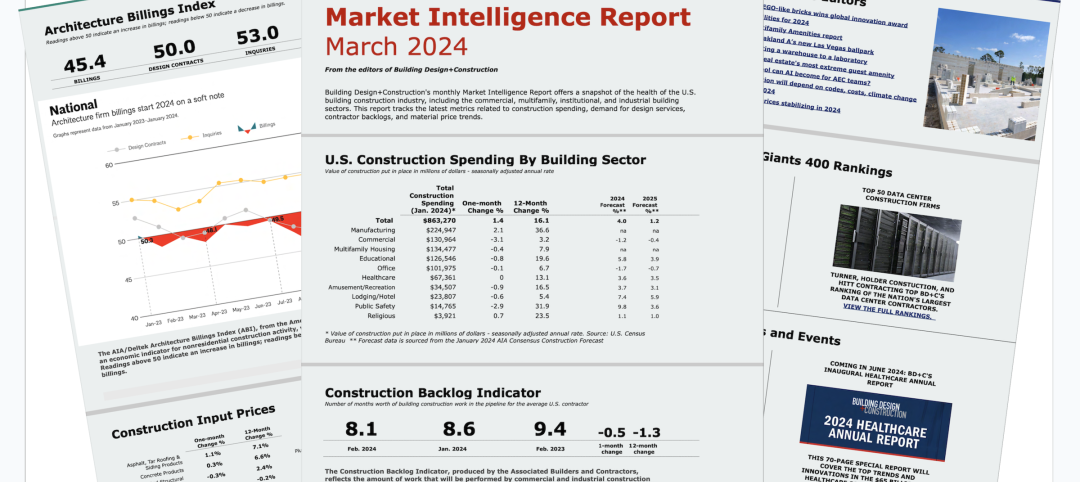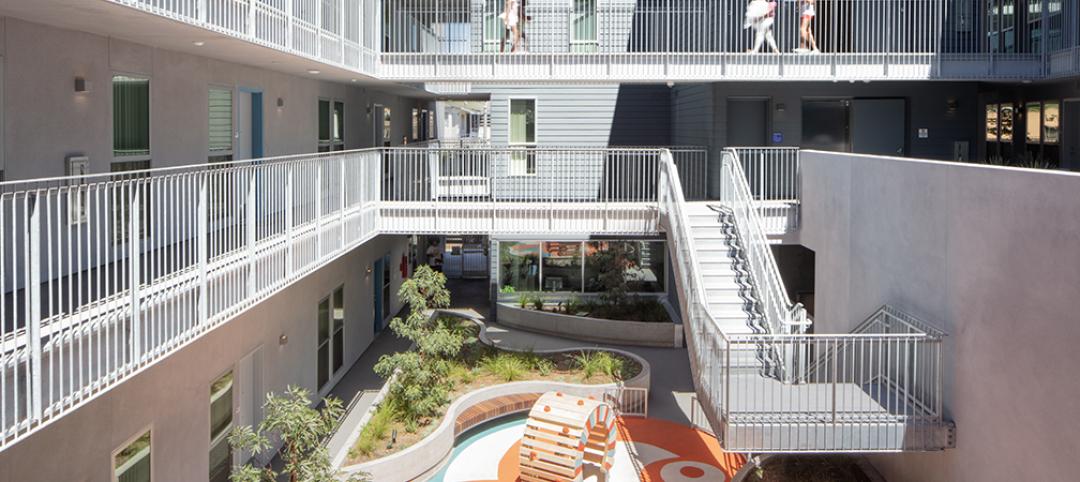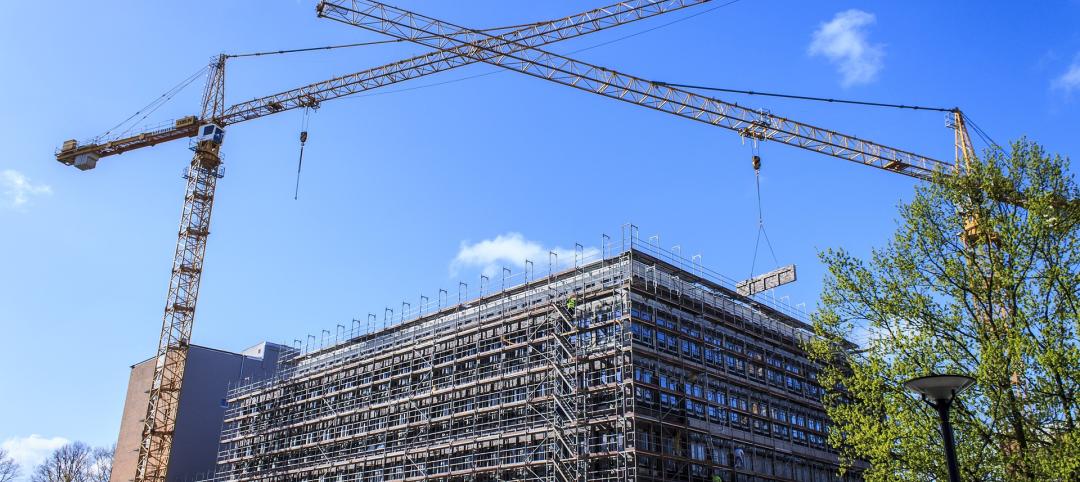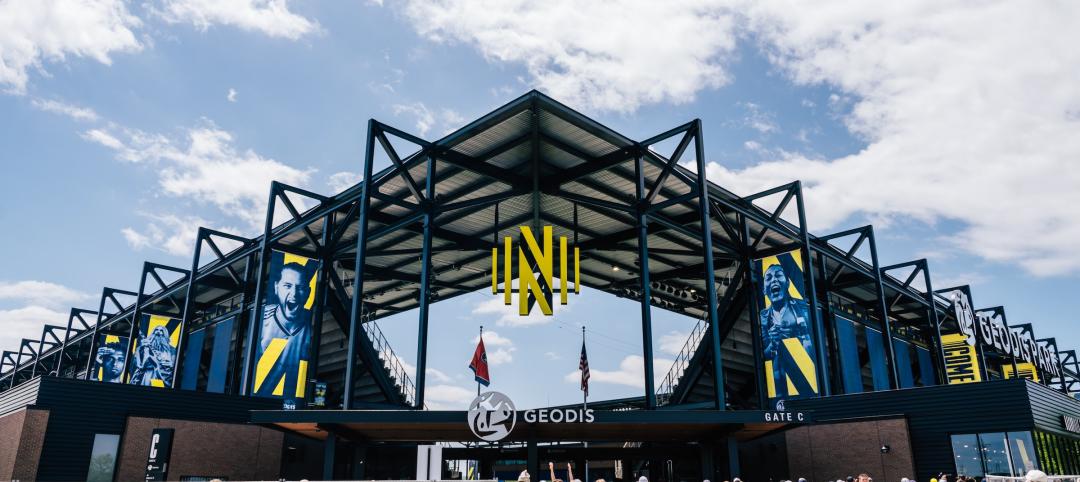Global supply-chain delays and shortages have had an impact on construction contracts in terms of enforceability and risk, and have increased the likelihood of litigation to settle differences between parties, as well as the need to negotiate contracts that anticipate and minimize potential disputes.
“The allocation of risk is paramount to [achieving] the best possible outcome,” stated David Vanderhider, a Partner in the San Antonio office of Dykema Gossett, a Detroit-based national law firm with a substantial construction litigation practice.
During an October 26 webinar that explored the legal considerations of supply-chain impacts on contracts, Vanderhider was joined by two Partners from Dykema Gossett’s Chicago office: Steven Mroczkowski, who is Co-leader of the firm’s Construction Group; and Melanie Chico, Asset Practice Group Leader.
Chico predicted that supply-chain problems, including those related to costs and labor, are likely to spill into 2023. To which Vanderhider followed that earlier attention to planning will be needed to prepare for delays and cost overruns. Mroczkowksi added that collaboration is the key to allocating risk fairly, and he’s been seeing fewer take-it-or-leave-it clauses on contracts. But he also noted that “there’s no one-size-fits-all” solution.
Contractual risk and reward
The bulk of the webinar was taken up with the partners discussing different contract clauses. For example, Mroczkowski has seen an uptick in litigation over the applicability of force majeure, which is intended to excuse nonperformance following a particular event. (This is commonly known as the “Act of God” provision.) Such clauses are enforceable when the event is beyond the reasonable control of the party. And what is often being litigated, he said, is whether the affected party took sufficient steps to reduce its risk.
Mroczkowski cautioned that force majeure can vary by jurisdiction and how a project’s financing is structured, which is why he advises clients to customize the language of their contracts to the realities of the given project. “Sometimes, risk allocation boils down to an amendment in a contract,” observed Chico.
Another growing area of dispute, the partners said, is a contract’s Notice requirement, which spells out when a party is entitled to additional compensation or time. Chico said that too many notice clauses are loosely drawn up, and lack specificity when it comes to who, what, when, and why.
Indeed, the partners agreed that the precision of a particular clause’s language usually determines each party’s level of protection in a contract, especially at a time when outside forces that affect contractual agreements are in flux.
Litigate or arbitrate
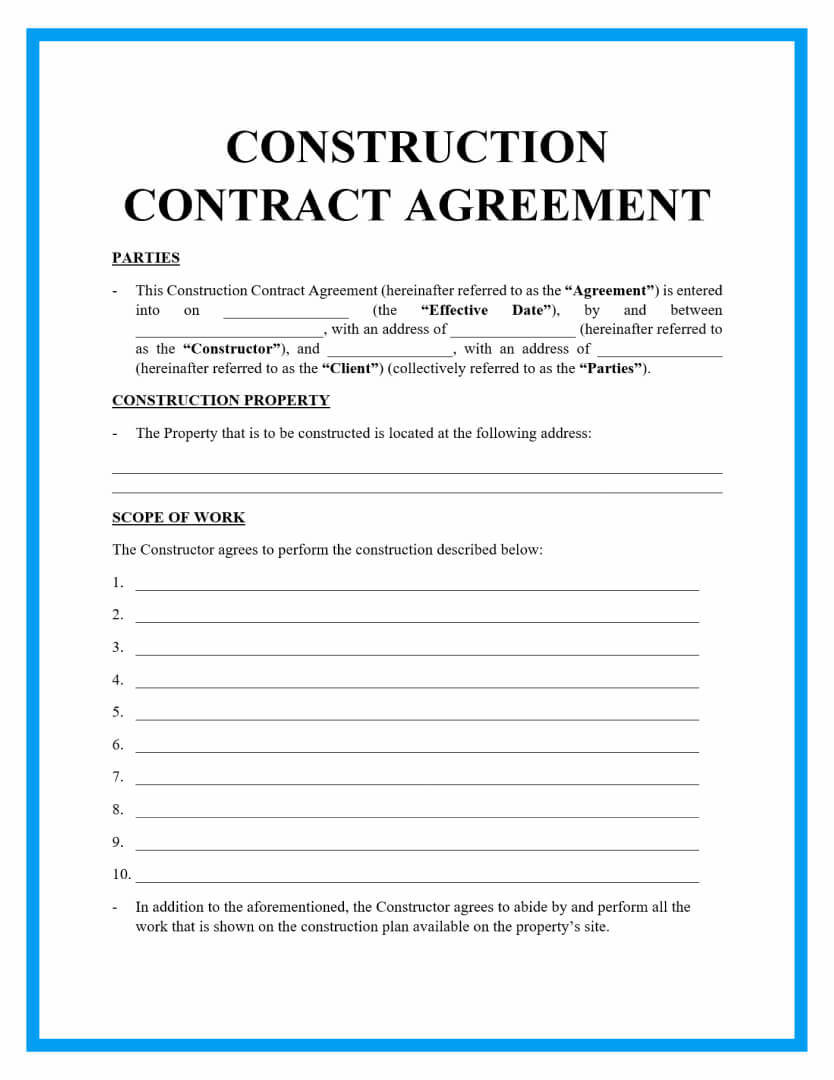
During the webinar, the partners touched on suspension and termination provisions, limitation of liability clauses, waivers for consequential damages (which owners are generally interested in), safety requirements, and insurance requirements. (Vanderhider said that insurance policies covering errors and omissions/professional liability “are trending,” and revolve around notice provisions.)
He said he’s been seeing contracts with more provisions that allow owners to withhold payments, with a notorious change in emphasis from “pay when paid” to “pay if paid,” which shifts more risk onto subcontractors. Chico added there are options “to be creative here,” such as payment clauses that kick in or are capped at certain thresholds, are limited to certain building materials, are tied to index pricing, or offer early payment for supply and storage actions.
The partners also took some time to debate how best to resolve disputes in general.
Vanderhider typically favors litigation, claiming that arbitration doesn’t always save time or money, and can place limits on the presentation of evidence and witnesses. “Many of the more common contract forms don’t reflect the reality of today’s economic climate,” he asserted. But Vanderhider also conceded that arbitration makes it easier for parties to keep evidence private
Chico, on the other hand, prefers arbitration, “mostly because it’s faster” than letting a lawsuit play out. She and Vanderhider agreed that dispute clauses in contracts are most effective when they are consistent throughout the construction chain. Mroczkowski recommended, too, that contracts include a provision mandating some level of arbitration so as not to halt the project while the parties try to resolve differences.
In conclusion, Mroczkowski cited four takeaways for contractual risk mitigation:
•Focus on your priorities
•Be proactive anticipating supply-chain impacts
•Ensure consistency in certain key contract terms
•Ensure compliance with local laws.
Related Stories
Healthcare Facilities | Mar 15, 2024
First comprehensive cancer hospital in Dubai to host specialized multidisciplinary care
Stantec was selected to lead the design team for the Hamdan Bin Rashid Cancer Hospital, Dubai’s first integrated, comprehensive cancer hospital. Named in honor of the late Sheikh Hamdan Bin Rashid Al Maktoum, the hospital is scheduled to open to patients in 2026.
Codes and Standards | Mar 15, 2024
Technical brief addresses the impact of construction-generated moisture on commercial roofing systems
A new technical brief from SPRI, the trade association representing the manufacturers of single-ply roofing systems and related component materials, addresses construction-generated moisture and its impact on commercial roofing systems.
Sports and Recreational Facilities | Mar 14, 2024
First-of-its-kind sports and rehabilitation clinic combines training gym and healing spa
Parker Performance Institute in Frisco, Texas, is billed as a first-of-its-kind sports and rehabilitation clinic where students, specialized clinicians, and chiropractic professionals apply neuroscience to physical rehabilitation.
Market Data | Mar 14, 2024
Download BD+C's March 2024 Market Intelligence Report
U.S. construction spending on buildings-related work rose 1.4% in January, but project teams continue to face headwinds related to inflation, interest rates, and supply chain issues, according to Building Design+Construction's March 2024 Market Intelligence Report (free PDF download).
Apartments | Mar 13, 2024
A landscaped canyon runs through this luxury apartment development in Denver
Set to open in April, One River North is a 16-story, 187-unit luxury apartment building with private, open-air terraces located in Denver’s RiNo arts district. Biophilic design plays a central role throughout the building, allowing residents to connect with nature and providing a distinctive living experience.
Affordable Housing | Mar 12, 2024
An all-electric affordable housing project in Southern California offers 48 apartments plus community spaces
In Santa Monica, Calif., Brunson Terrace is an all-electric, 100% affordable housing project that’s over eight times more energy efficient than similar buildings, according to architect Brooks + Scarpa. Located across the street from Santa Monica College, the net zero building has been certified LEED Platinum.
Contractors | Mar 12, 2024
The average U.S. contractor has 8.1 months worth of construction work in the pipeline, as of February 2024
Associated Builders and Contractors reported that its Construction Backlog Indicator declined to 8.1 months in February, according to an ABC member survey conducted Feb. 20 to March 5. The reading is down 1.1 months from February 2023.
Museums | Mar 11, 2024
Nebraska’s Joslyn Art Museum to reopen this summer with new Snøhetta-designed pavilion
In Omaha, Neb., the Joslyn Art Museum, which displays art from ancient times to the present, has announced it will reopen on September 10, following the completion of its new 42,000-sf Rhonda & Howard Hawks Pavilion. Designed in collaboration with Snøhetta and Alley Poyner Macchietto Architecture, the Hawks Pavilion is part of a museum overhaul that will expand the gallery space by more than 40%.
Affordable Housing | Mar 11, 2024
Los Angeles’s streamlined approval policies leading to boom in affordable housing plans
Since December 2022, Los Angeles’s planning department has received plans for more than 13,770 affordable units. The number of units put in the approval pipeline in roughly one year is just below the total number of affordable units approved in Los Angeles in 2020, 2021, and 2022 combined.
BIM and Information Technology | Mar 11, 2024
BIM at LOD400: Why Level of Development 400 matters for design and virtual construction
As construction projects grow more complex, producing a building information model at Level of Development 400 (LOD400) can accelerate schedules, increase savings, and reduce risk, writes Stephen E. Blumenbaum, PE, SE, Walter P Moore's Director of Construction Engineering.






